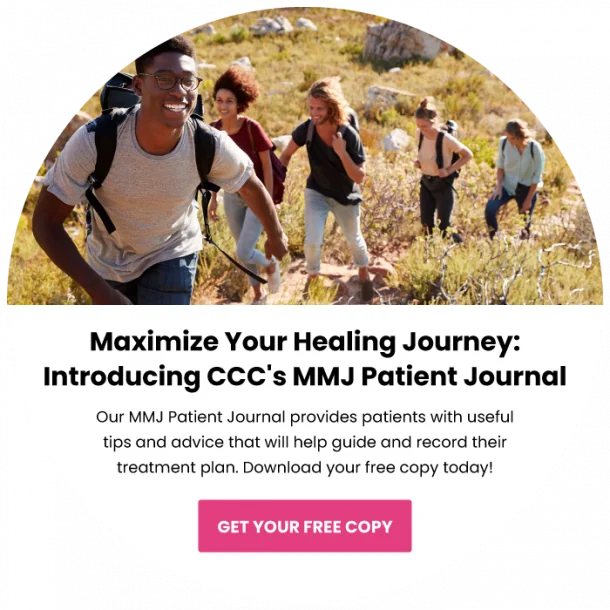Pennsylvania Sees Strong Interest with Over 3,800 Sign-Ups in First Week of Medical Marijuana Patient Registry
Pennsylvania officials said Wednesday more than 3,800 people have signed up in the medical marijuana patient registry’s first week, signaling strong statewide interest in the program that will give those with one of 17 specific diagnoses access to cannabis beginning next year.
But there’s already some concern there may not be enough doctors signing on to certify those patients and make them eligible to get the medication.
The new data on patient registrations follows last week’s announcement that just 109 doctors — out of 57,670 physicians with active licenses statewide — have finished the four hours of training required to certify that patients qualify to buy medical marijuana. Without that certification, patients can’t get the medicine.
State Department of Health spokeswoman April Hutcheson said more than 300 additional physicians have started the approval process, which puts Pennsylvania ahead of other states at a similar stage.
“Response for the most part has been quite positive,” she said. “More than 100 physicians is a good start and we expect that number will continue to grow. We know we have enough to get started.”
The current 38:1 or so patient-physician ratio still has some people wondering if there will there be enough doctors to meet demand.
“Physicians are the key access point for patients having access to medical marijuana,” said attorney Patrick Nightingale, who with two partners has formed Cannabis Legal Solutions law practice Downtown.
Anyone wondering about the level of public interest in medical marijuana needed only to stop by Union Project community center on North Negley Avenue in Highland Park the afternoon of Oct. 20.
Compassionate Certification Centers — where patients soon will be able to be evaluated for certification — sponsored a medical marijuana health and wellness fair that day. Officials expected to draw a gathering from local neighborhoods.
Instead, a crowd of several hundred drove in — from Oil City and other distant locales — to hear about the program and talk to vendors.
“I sort of felt a bit overwhelmed to be honest with you,” said Bryan Doner, CEO of Compassionate Certification Centers, a speaker at the health fair and one of the 109 physicians cleared to certify patients. “It shows the word is getting out there and people are interested.”
As of this week, Dr. Doner said CCC has a waiting list of 1,000 patients in the Greater Pittsburgh area who plan to seek medical marijuana certification when its Downtown and Butler locations open in December.
Physicians could become a serious pinch point if not enough participate.
Pennsylvania’s law, passed in 2016, has a regulatory framework that resembles New York’s in many ways — and New York has struggled to recruit enough physicians in its first two years of operations. To address that shortage, it recently added nurse practitioners and physician assistants to the roster of practitioners who can certify patients.
“Practitioners’ main concerns include that marijuana remains illegal under federal law, that medical marijuana products are not yet FDA-approved, and that because of federal law, medical marijuana is not covered by insurance,” said Jill Montag, spokeswoman for the New York State Department of Health.
“So practitioners may be reluctant to recommend a course of treatment that patients may not be able to complete if they cannot afford it.”
Obstetrician/gynecologist David Deitrick, current president of the Allegheny County Medical Society, said he believes “there’s probably a little bit of wait-and-see attitude” on the part of his colleagues.
The Pennsylvania Medical Society, the statewide physician association, voted in 2015 to oppose legalizing medical marijuana — citing a lack of solid scientific evidence demonstrating its benefits.
“I do think the numbers [of participating physicians] will improve,” Dr. Deitrick said, but added that many doctors may for now see the move as going out on a limb. “Who wants to be the first to say, ‘I want to be a prescriber of medical marijuana?’”
Mr. Nightingale, former executive director for the Pittsburgh chapter of the National Organization for the Reform of Marijuana Laws, or NORML, said he understands why some physicians will stay away.
“If a physician has 30 years of medical practice, they may not be interested in changing things up or being inundated with calls from patients seeking a cannabis recommendation,” he said.
There’s general agreement that patients will ultimately decide if the medical marijuana program succeeds, just as families played a crucial role in getting the 2016 legislation passed.
“We are encouraging patients to talk to their physicians,” said the state health department’s Ms. Hutcheson.
Patients need to ask their family physicians if they’re participating — “and ask them why, if they’re not involved,” said Dr. Doner.
“If patients are just sitting and waiting for things to come to them,” said Mr. Nightingale, “nothing may come to them.”
Source: Steve Twedt, Pittsburgh Post-Gazette
View Original Post

